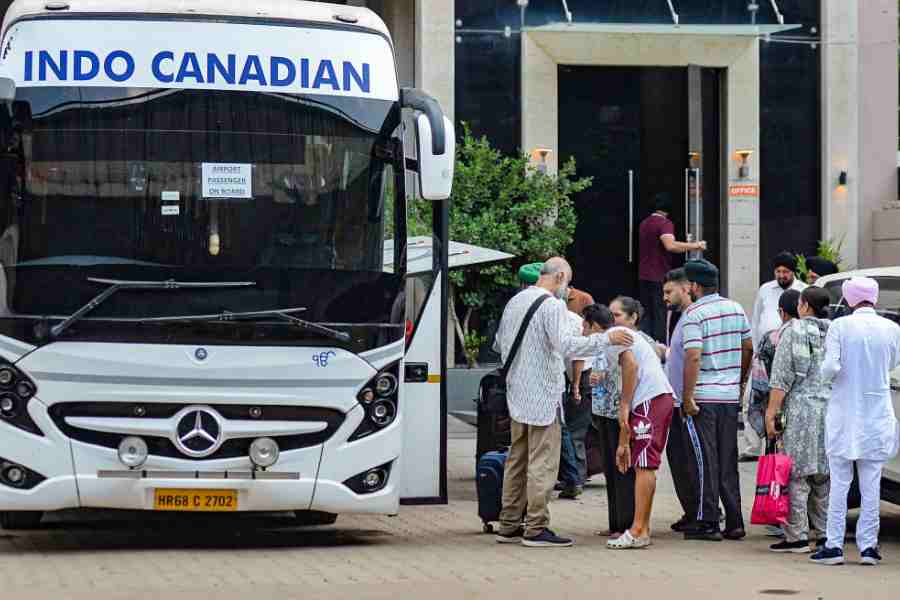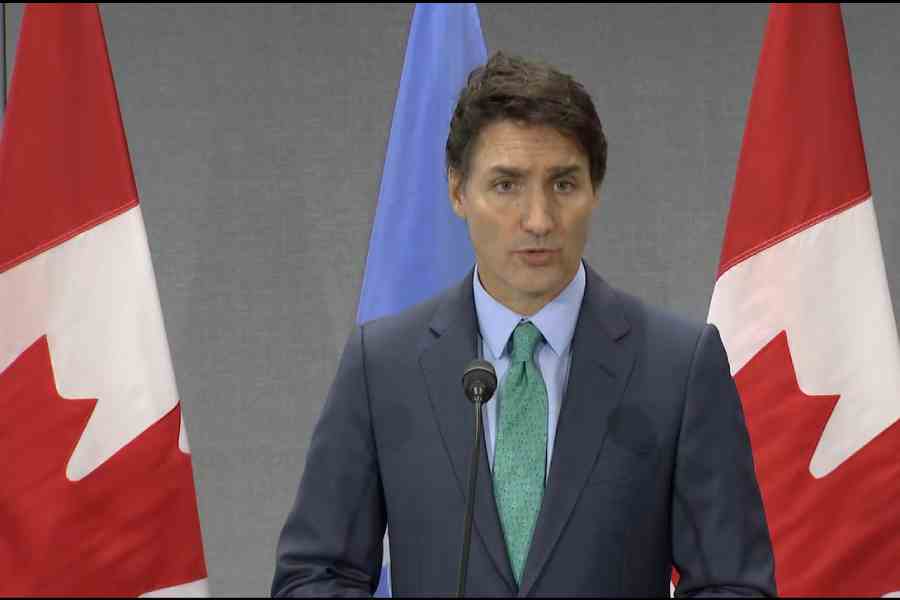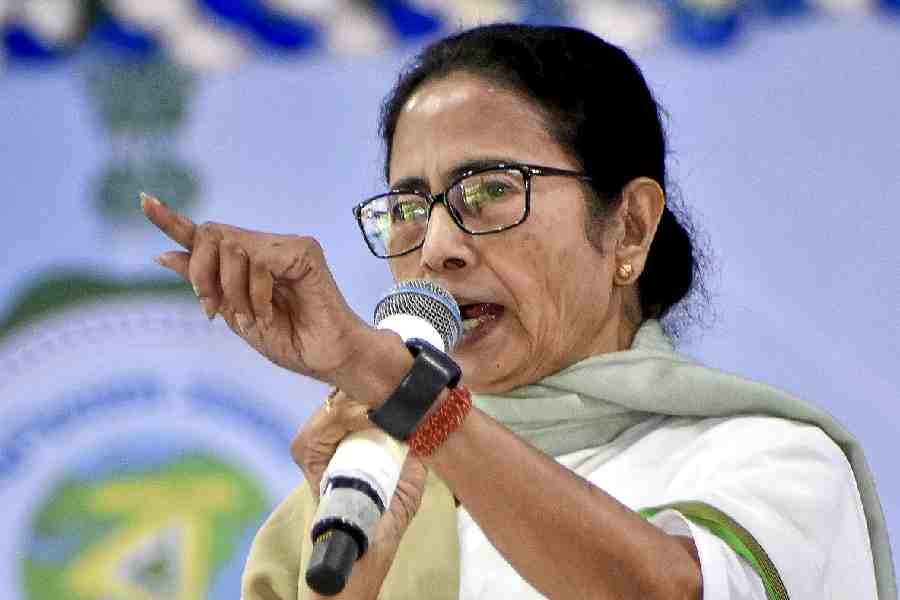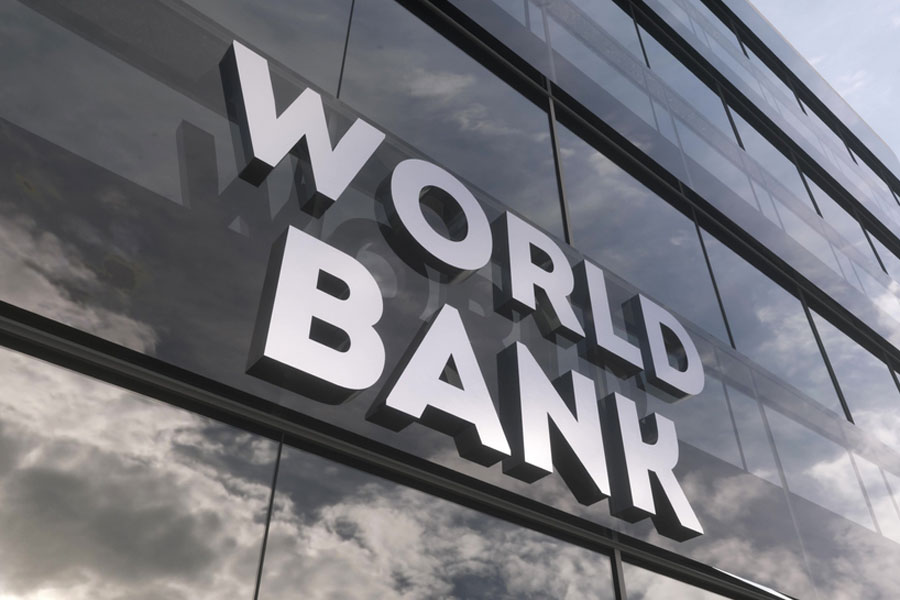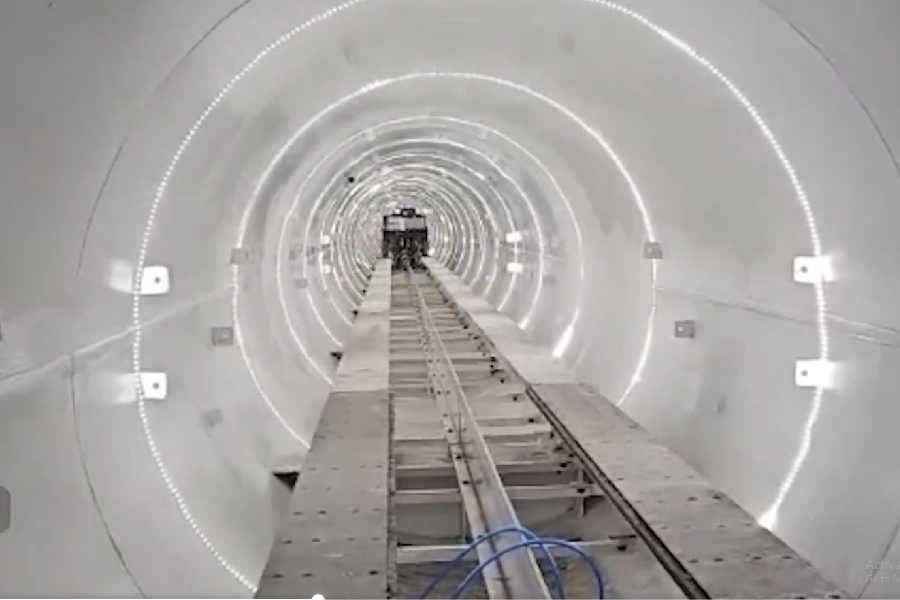India on Thursday decided to temporarily suspend visa services for all categories in Canada, citing security threats at the missions, and asked the Canadian high commission here to reduce its diplomatic presence in view of alleged interference in internal affairs.
Neither the security threats at the missions nor the disproportionately larger number of Canadian diplomats in India compared to the strength of the Indian diplomatic corps in Canada are new issues. But the external affairs ministry has chosen to act on them in the wake of Canadian Prime Minister Justin Trudeau’s allegation of the Indian government’s hand in the murder of Khalistani separatist Hardeep Singh Nijjar in June.
Trudeau iterated what he said in the House of Commons on Nijjar at a news conference on Thursday on the sidelines of the UN General Assembly session and urged India to work with Canada to ensure accountability.
Earlier, the Canadian high commission in New Delhi said it had decided to temporarily adjust staff presence in India as a matter of caution. There was no mention of India asking it to scale down the diplomatic presence.
Over 1.2 lakh Indians settle in Canada as permanent residents every year, according to Canadavisa, the online newsletter of an immigration law firm based in Montreal. In 2019, the foreign tourist arrivals from Canada to India had been put at over 3.5 lakh but the number has dipped after Covid-19.
ABC News reported that in 2021, the 89,500 tourists from India spent $3.4 billion, the most of any group visiting Canada. Canadians visiting India spent $93 million the same year.
On Thursday, at the weekly media conference in New Delhi, external affairs ministry spokesperson Arindam Bagchi sought to blame the inability of Canadian citizens to secure an Indian visa from Thursday on their government’s inaction with regard to security threats around Indian missions, which has created an “environment that disrupts the functioning of our high commission and consulates”. He was referring to frequent protests outside the missions by Khalistani separatists.
“You are aware of the security threats being faced by our high commission and consulates in Canada. This has disrupted their normal functioning. Accordingly, our high commission and consulates are temporarily unable to process visa applications. We will be reviewing the situation on a regular basis. E-visa has also been suspended and the suspension applies to all categories. The issue is not about travel to India. Those who have valid visas, and those who have other kinds of documents like OCIs are free to travel to India…. Canadian citizens applying from third countries will also be affected,” Bagchi explained.
As for the reduction in the number of Canadian diplomats in India, Bagchi said: “We have informed the Canadian government that there should be parity in strength and rank equivalence in mutual diplomatic presence. Their numbers here are much higher than ours in Canada. The details of this are being worked out but I assume there will be a reduction from the Canadian side.”
On the rationale for this decision, he said: “We have seen Canadian diplomatic interference in our internal affairs. This is a factor that has been taken into account for seeking parity in strength and rank equivalence.”
While he did not respond to a question on whether India will join the probe being conducted by the Canadian authorities into Nijjar’s killing, Bagchi countered Canada’s contention that information has been shared with India. “No specific information has been shared by Canada in this case either then, before or after. We are willing to look at any specific information. We have conveyed this to the Canadian side, made it clear to them that we are willing to look at any specific information that is provided to us but so far we have not received any such specific information.”
Bagchi added: “From our side, very specific evidence about criminal activities by individuals based on Canadian soil has been shared with the Canadian authorities on a regular basis but it has not been acted upon.”
India has over many years sought extradition or information on nearly 25 individuals wanted here but has not got any response from Canada, he underscored, seeking to show how Ottawa has stonewalled New Delhi on Khalistani separatism in particular.
Of the view that the allegations made by Trudeau are “primarily politically driven”, Bagchi remained outwardly unfazed by their potential to impact India’s reputation. Stating that it is Canada which should be worried about its international reputation, he said it has a “growing reputation as a safe haven for terrorists, for extremists and for organised crime”.
Canada has said that it respects the right of all of its citizens to freedom of speech in advocating political causes. Indian officials say that Canadian politicians are reluctant to curb Sikh extremism because of the lobbying sway of the group, the largest population of Sikhs outside India, The New York Times reported.
Fresh murder
On the murder of gangster Sukhdool Singh Gill in Canada’s Winnipeg on Wednesday, Bagchi maintained that this is what happens when organised crime is allowed safe havens. Gangster Lawrence Bishnoi has claimed responsibility for the murder. Gill was wanted in Punjab for murder and extortion.

